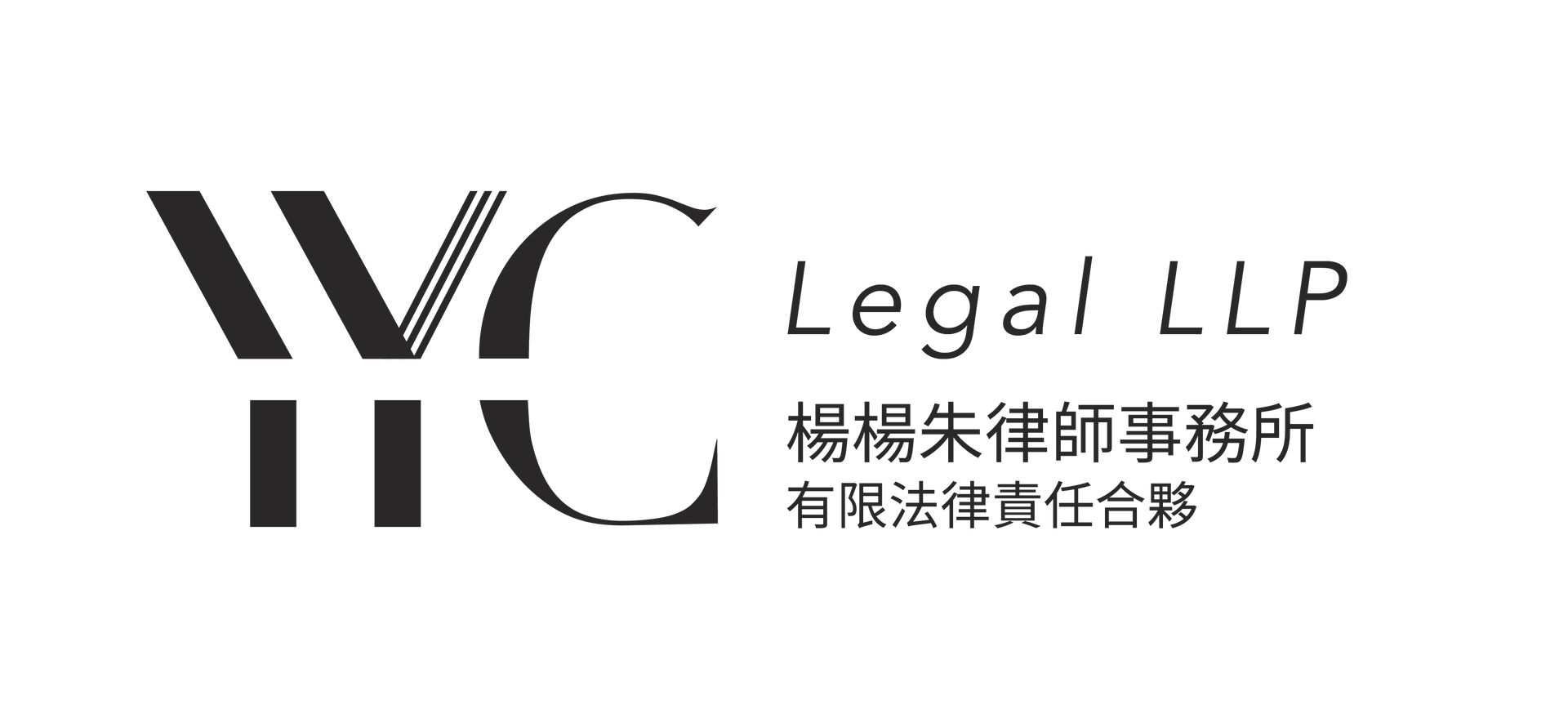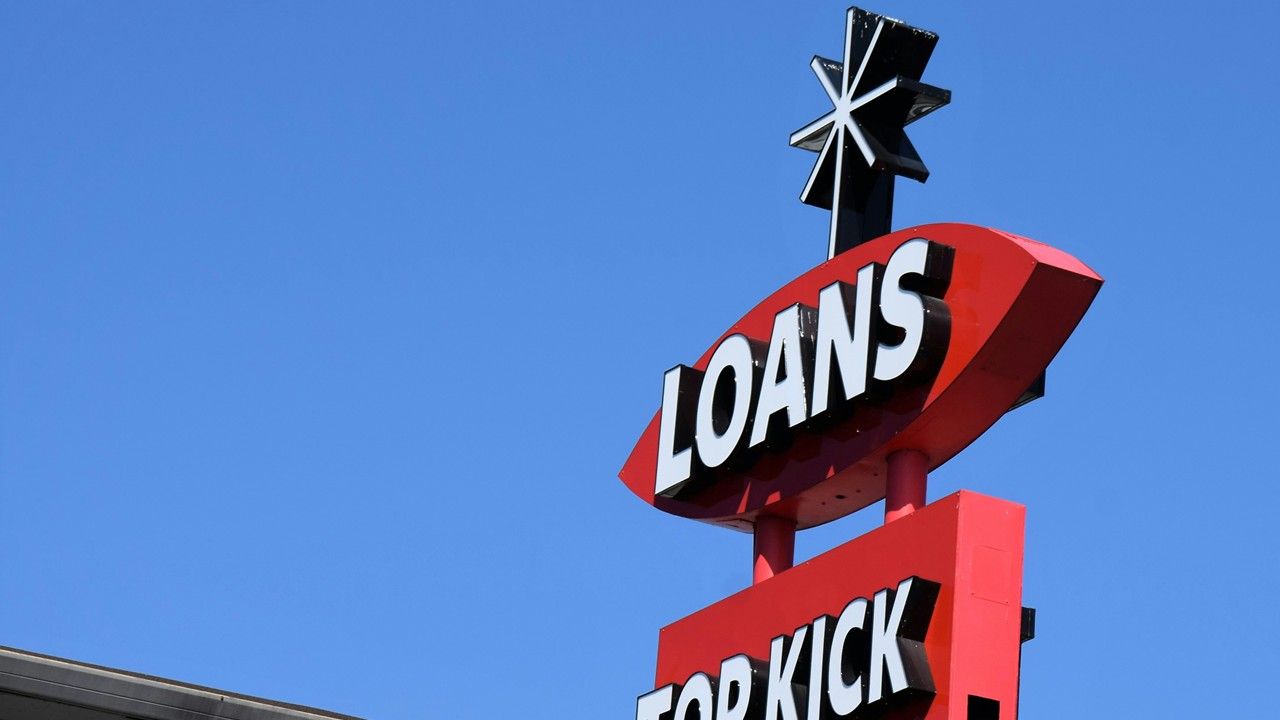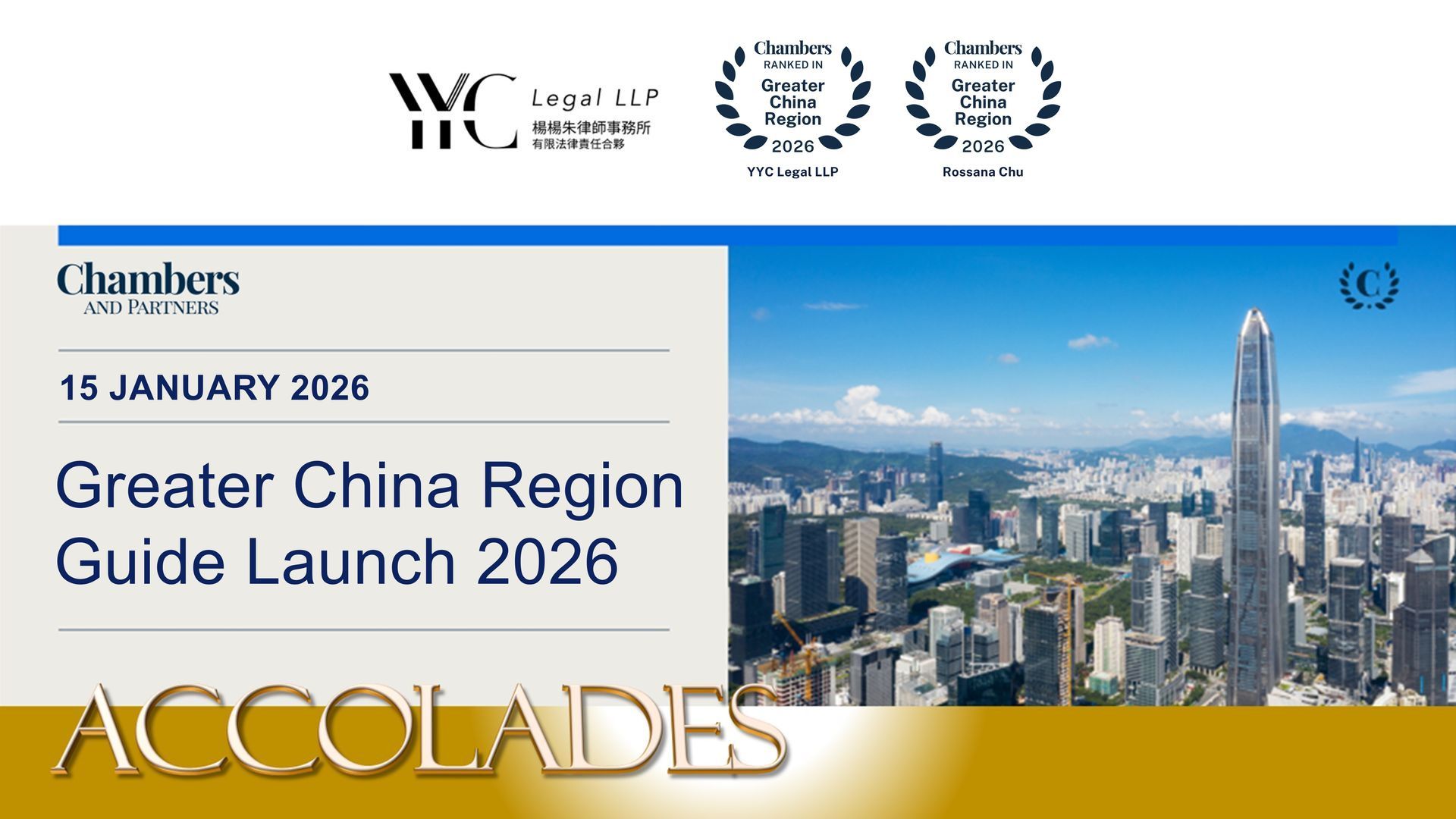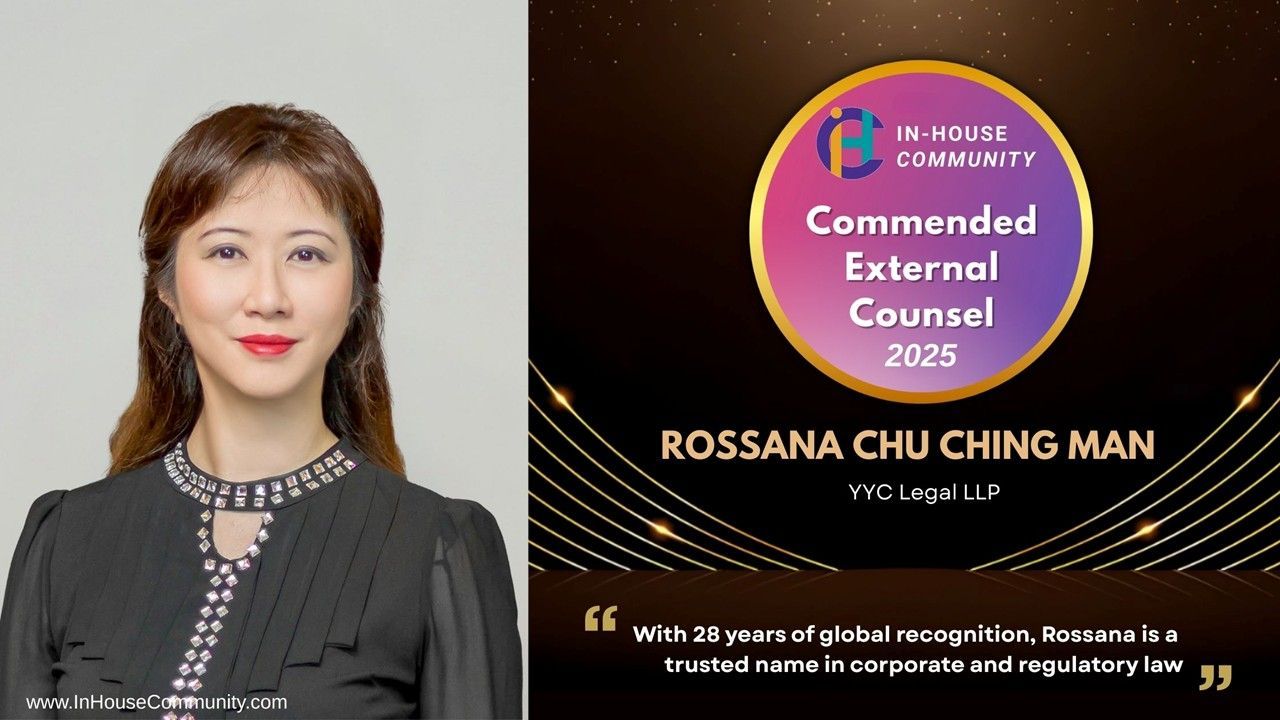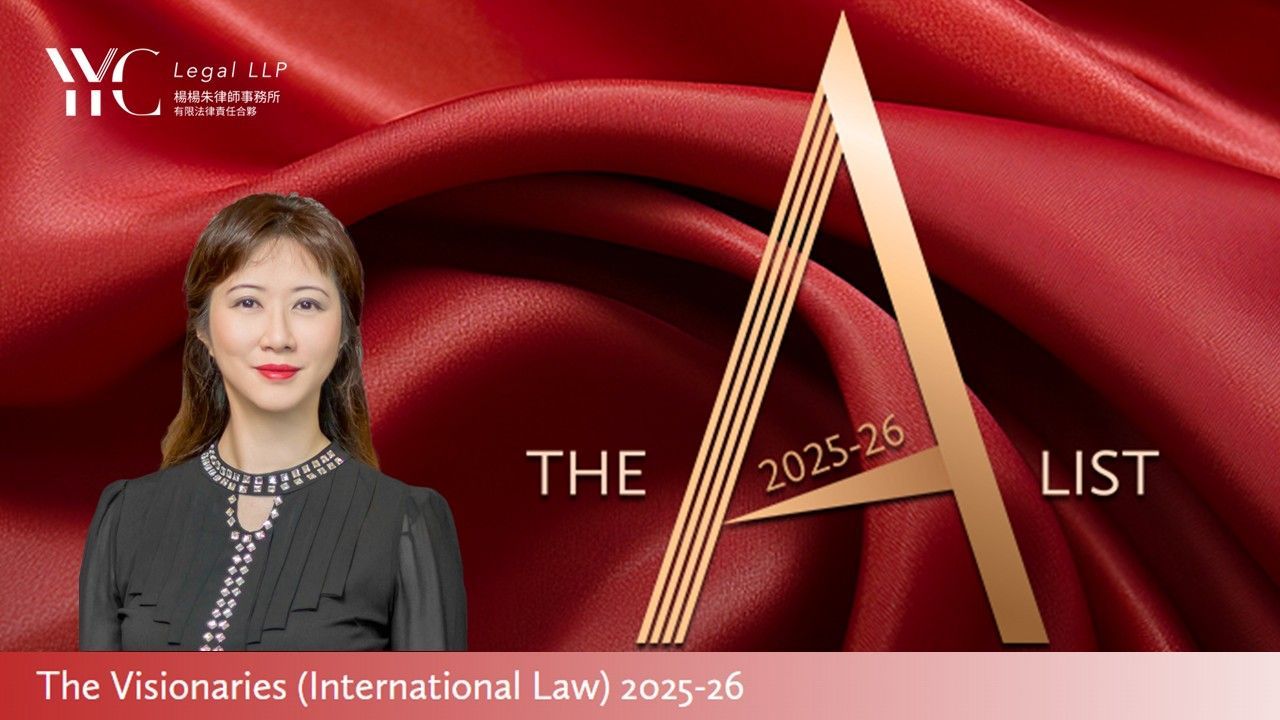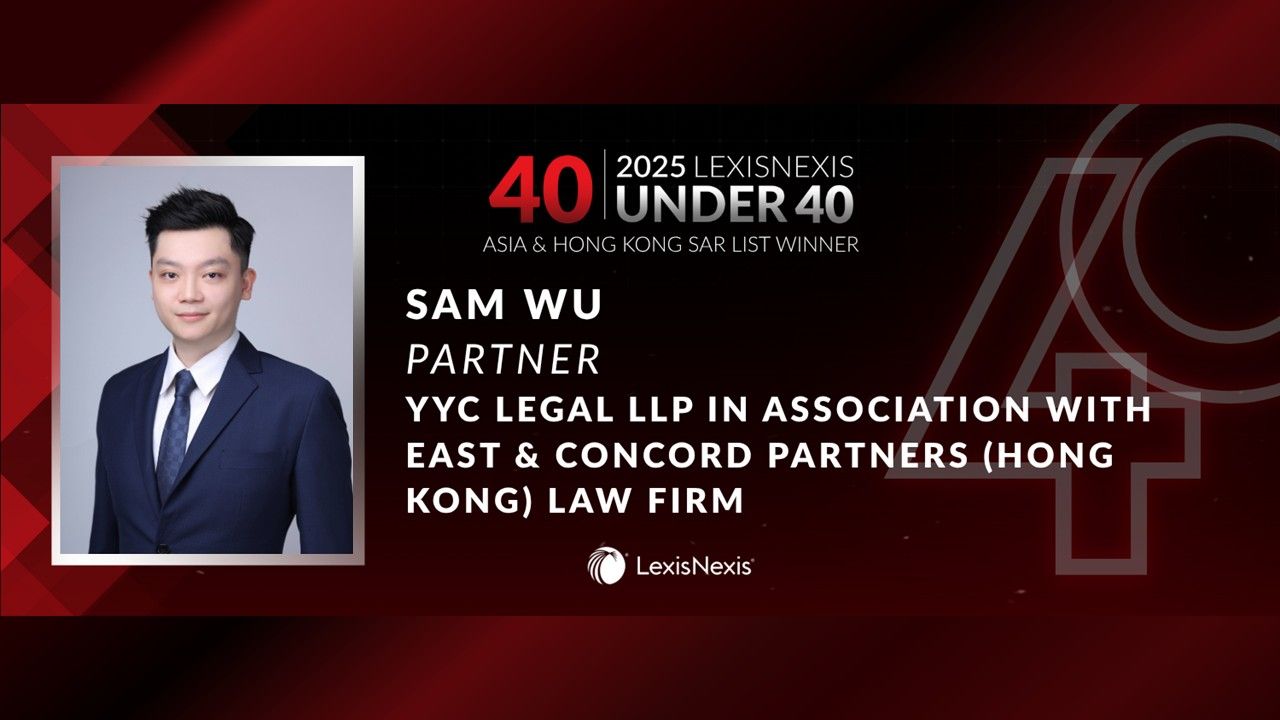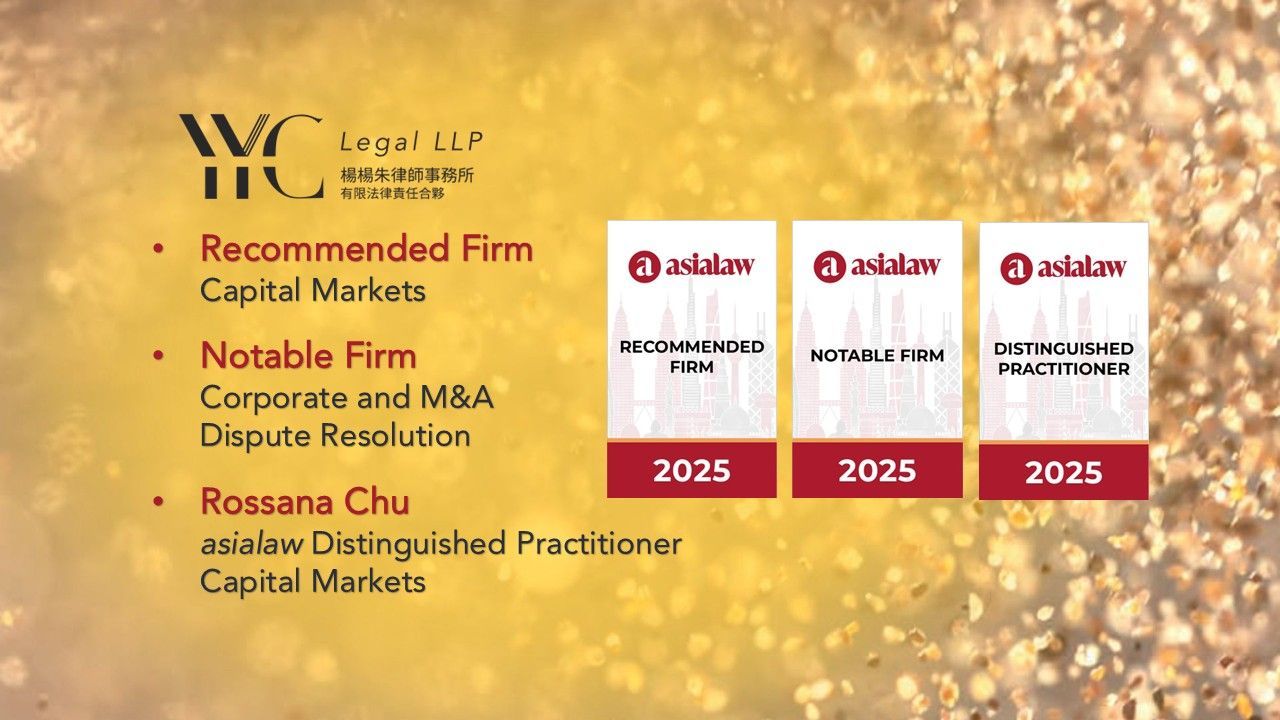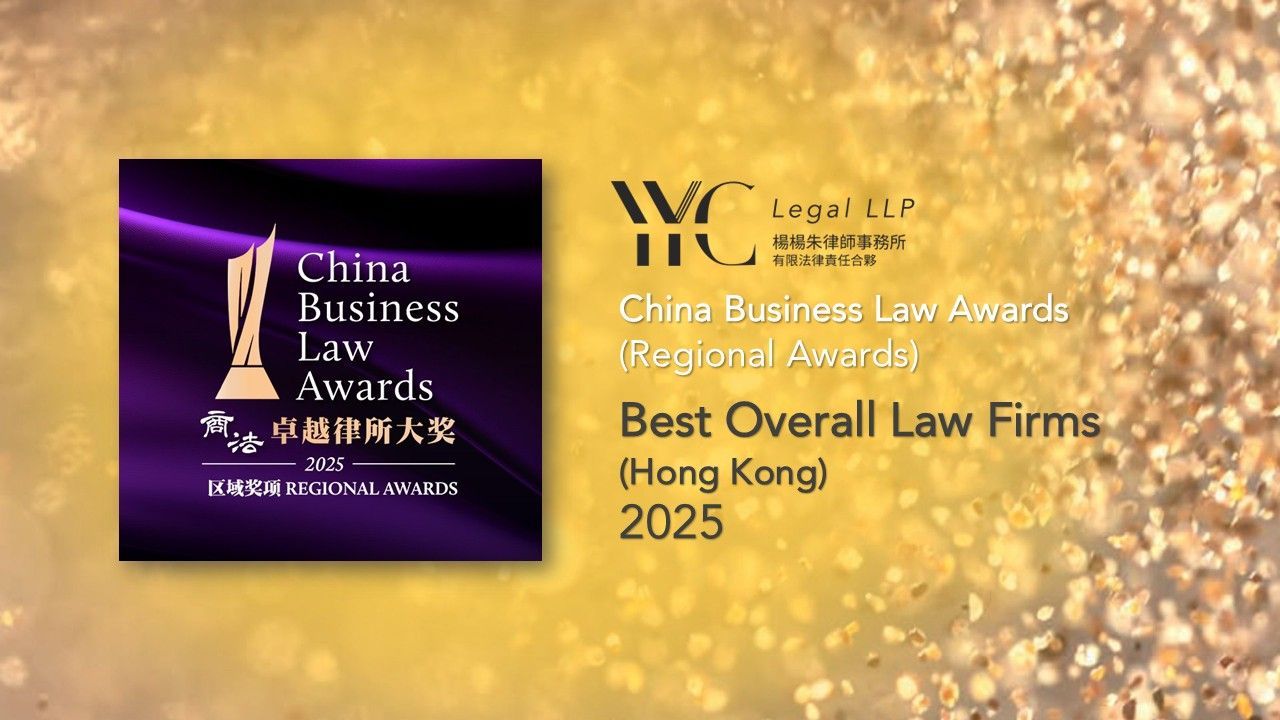The New Capital Investment Entrant Scheme (the “New CIES”) was launched in March 2024 to attract high-net-worth individuals and business elites to relocate to Hong Kong by making capital investments. In 2024, the scheme met with over 800 applications, out of which 733 were verified as having fulfilled the net asset requirement. A total of 240 applicants had fulfilled the permissible investments. To further the objective of the New CIES, various enhancement measures have been introduced to take effect from 1 March 2025 (the “Enhancement”). This article outlines the features of the scheme and such new measures.
Update on Hong Kong New Capital Investment Entrant Scheme
Update on Hong Kong New Capital Investment Entrant Scheme
Feature
The New CIES is often described as an investment immigration scheme. Upon approval, the applicant and his/her dependents may stay in Hong Kong for no more than 24 months, after which they can apply to extend their stay for up to three years. During the stay, the committed investments must not be reduced. If they have ordinarily resided in Hong Kong for a continuous period of not less than seven years, they can apply to become permanent residents of Hong Kong.
Nationality eligibility
The New CIES is open to foreign nationals but not PRC nationals unless they have obtained permanent resident status in a foreign country. Nevertheless, Macau residents and Chinese residents of Taiwan are eligible.
Net wealth requirement
Each applicant must have net assets with a value of not less than HKD30 million (approximately USD3.86 million) throughout the six months preceding the application (two years before the Enhancement). Within the specified investment timeframe, the applicant is expected to:
- make investments of not less than HKD27 million in permissible investment assets and
- place HKD3 million in the CIES Investment Portfolio which is managed by the Hong Kong Investment Corporation Limited whose mandate is to invest in projects related to Hong Kong.
From 1 March 2025 onwards, net assets jointly owned with the applicant’s family members can be counted in the net wealth requirement in respect of the portion owned by the applicant.
Investments
The permissible investment assets include:
- shares of companies listed on the Hong Kong Stock Exchange and traded in HKD or RMB;
- debt securities listed on the Hong Kong Stock Exchange and traded in HKD or RMB (including debt instruments issued in Hong Kong by the Ministry of Finance and local governments of Mainland China), debt securities denominated in HKD or RMB issued or guaranteed by the Hong Kong Government or Hong Kong listed companies;
- certificates of deposits denominated in HKD or RMB issued by authorised institutions (with a cap of HKD3 million);
- subordinated debts denominated in HKD or RMB;
- eligible collective investment schemes;
- ownership interests in limited partnership funds registered under the Limited Partnership Fund Ordinance (with a cap of HKD10 million); and
- real estate (with a cap of HKD10 million counted in the scheme) including non-residential real estate and residential real estate with a price of at least HKD50 million. For example, if the applicant buys a residential property in Hong Kong at HKD60 million without any mortgage loan, only HKD10 million out of his purchase money will be counted in the investment amount.
Effective 1 March 2025, permissible investments held by a family-owned investment holding vehicle (FIHV) or a family-owned special purpose entity (FSPE) under an FIHV will be taken as the applicant’s investment, provided that the FIHV or FSPE is managed by an eligible single family office of the applicant or his/her family. The eligibility is set out in in Section 2 of Schedule 16E to the Inland Revenue Ordinance and one criterion is that the single family office must manage assets with a net value of not less than HKD240 million. This enhancement fosters synergy between the New CIES and the establishment of family offices in Hong Kong.
The applicant is not required to top up the value of permissible investment assets if their total market value falls below the requisite minimum level of HKD30 million. He/she can switch between permissible financial assets and real estate if, subject to certain rules, the entire proceeds from the disposal are reinvested in other permissible investments.
Portfolio maintenance requirements
The applicant must deposit the permissible financial assets into a designated account operated by an eligible financial intermediary and use the designated account exclusively for the transactions of the permissible financial assets.
Concerning real estate, there is no restriction on the number of real estates bought for gaining entry under the New CIES, but only investments in the form of equity are counted towards the investment threshold. The applicant or his/her holding company may take out a mortgage loan with a bank or financial institution licensed in Hong Kong in respect of the real estate while only the equity amount is counted for the purpose of the scheme. The applicant may sell the real estate and would continue to qualify under the scheme if he/she invests the entire net proceeds from the sale in other permissible investment assets. Rental income from the real estate can be paid and retained by the applicant and need not be ring-fenced under the scheme.
YYC Legal LLP is in Association with East & Concord Partners (Hong Kong) Law Firm.
First published in March 2025 YYC Legal - legal trends of China Business Law Journal.
This material has been prepared for general informational purposes only and is not intended to be relied upon as professional advice. Please contact us for specific advice.
Recent articles
Recent News
